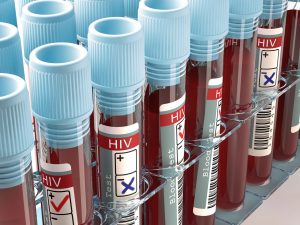Mozambique has confirmed more than 1,000 cases of cholera as an outbreak of the water-borne disease spreads following a tropical cyclone last month which has killed at least 518 people in the southeast African nation.
The number of cholera infections rose from 246 on March 30, the health ministry said in a statement on Monday. President Filipe Nyusi last week announced a campaign to vaccinate 800,000 people against the disease, which causes diarrhea and dehydration and can kill if untreated. One person has so far died from it.
The outbreak is compounding what United Nations Secretary-General Antonio Guterres has described as one of the worst weather-related disasters in African history. More than 750 people have died in flooding across Mozambique, Zimbabwe and Malawi.
Torrential rains that created an inland ocean the size of Luxembourg also destroyed or damaged about 100,000 houses in central Mozambique, according to the UN. At least 141,000 people are currently sheltering across 161 sites in affected areas as damage to water and sanitation infrastructure in the port city of Beira fuels concerns that the cholera outbreak may spread.
Mozambique has suffered cholera outbreaks in each of the last six years, according to the World Health Organization. Between August 2017 and February last year, 1,799 people were infected and one died.
In addition to fighting disease, with at least 281 cases of malaria confirmed in Beira and surrounding areas, the government and aid agencies are struggling to provide sufficient food supplies.
More than 669,903 hectares of crops have been damaged, a bigger area than the U.S. state of Delaware, just as farmers were preparing to harvest, according to the UN. Staple food prices more than doubled after the cyclone, particularly for rice and corn, in the central region, the Famine Early Warning Systems Network said.
Source: Bloomberg






